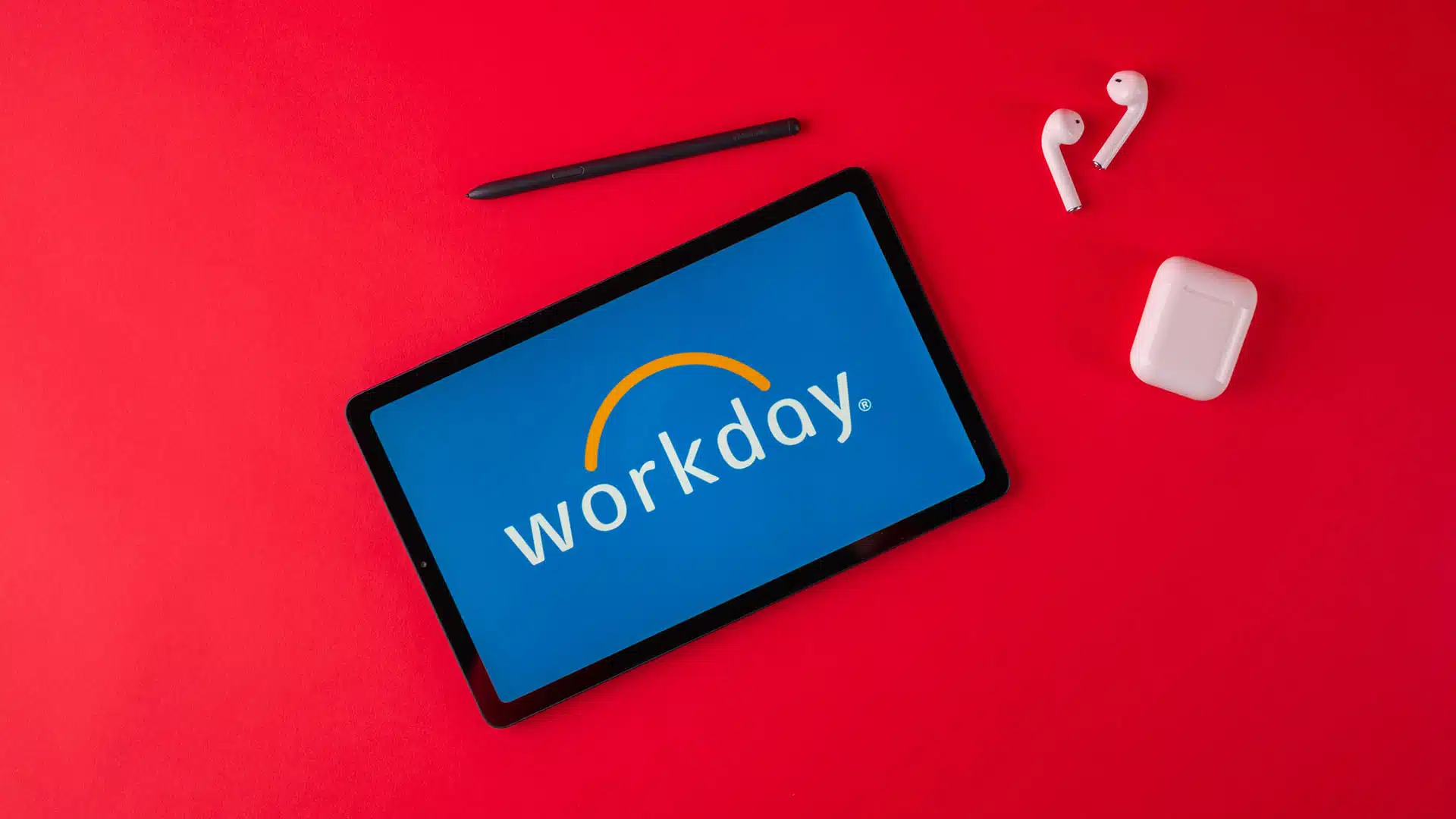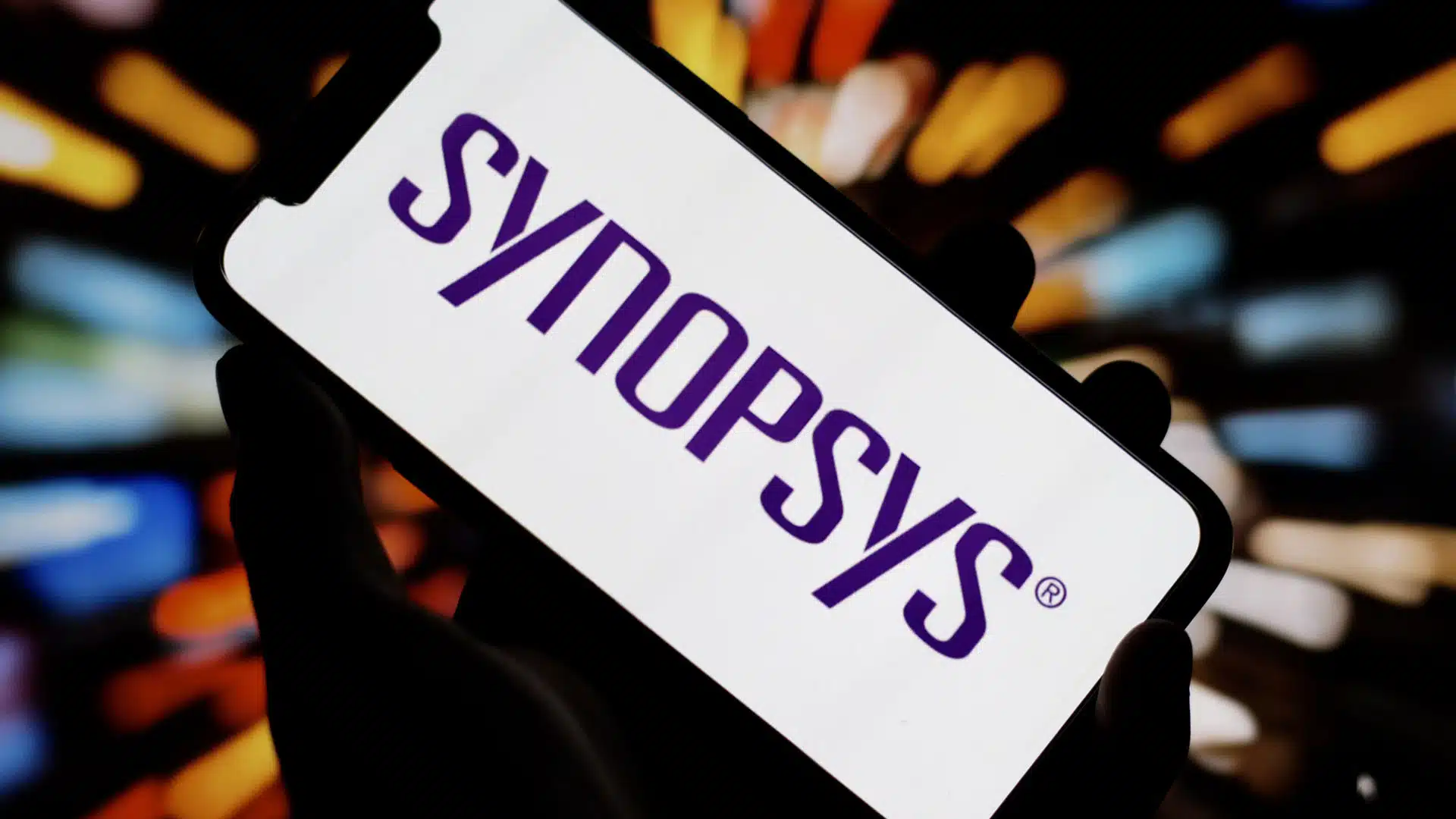Zendesk, the provider of software as a service (SaaS) products for customer support and communications software, has entered into an agreement to be acquired by an investor group led by the investment firms Permira and Hellman & Friedman. The current all-cash transaction values Zendesk at approximately $10.2 billion, with shareholders to receive $77.50 per share under the agreement, representing a premium of 34% over Zendesk’s closing stock price on June 23, the last full trading day prior to the acquisition announcement.
Both Permira and Hellman & Friedman were part of another investment group that had offered to buy Zendesk in February for the much higher price of $17.0 billion, but the San Francisco-based software maker rebuffed that offer.
Carl Bass, lead independent director at Zendesk, says the current offer came at the end of an extensive three-month strategic review by Zendesk of market conditions, business momentum, and the long-term outlook for the company. Working alongside Zendesk major shareholders, the board came to the conclusion that the offer provided “certainty of value” for Zendesk shareholders” and represented “the best alternative,” Bass adds.
Mikkel Svane, Zendesk founder and CEO, says the company will continue to execute on its long-term strategy that puts customers as the top priority. “This is the start of a new chapter for Zendesk with partners that are aligned with the strength of our agile products and talented team, and are committed to providing the resources and expertise to continue our growth trajectory,” says Svane.
Ryan Lanpher, partner at Permira, praises Zendesk’s achievements. “Zendesk has reimagined customer service software and empowers businesses to transform how they communicate with their customers in an increasingly digital world. We believe Zendesk is uniquely positioned to enable meaningful interactions and deliver compelling business outcomes across any channel,” Lanpher says.
Tarim Wasim, partner at Hellman & Friedman, notes Zendesk’s position as a major platform within the CX ecosystem. ‘We deeply believe in the company’s growth opportunity as it continues to help businesses across the world delight their customers,” says Wasim.
In addition to Permira and Hellman & Friedman, the investor group making the acquisition includes a wholly owned subsidiary of the Abu Dhabi Investment Authority (ADIA), and GIC, the global long-term investor managing Singapore’s foreign reserves.
The transaction, unanimously approved by the Zendesk board of directors, is expected to close in the fourth quarter of this year subject to customary closing conditions, including Zendesk stockholder approval. Both Hellman & Friedman and Permira have arranged for debt and equity financing commitments to finance the transaction. At the close of the transaction, Zendesk will operate as a privately held company.
Zendesk has had a tumultuous year. In January, activist investor Jana Partners called for Zendesk to abandon its plan to acquire Momentive Global, the survey software purveyor formerly known as SurveyMonkey, saying the transaction significantly undervalued Zendesk equity and shareholder capital. And then in March, Zendesk officially terminated its plan to acquire Momentive after failing to obtain the approval of Zendesk shareholders during a stockholder meeting on February 25.
Author Information
Alex is responsible for writing about trends and changes that are impacting the customer experience market. He had served as Principal Editor at Village Intelligence, a Los Angeles-based consultancy on technology impacting healthcare and healthcare-related industries. Alex was also Associate Director for Content Management at Omdia and Informa Tech, where he produced white papers, executive summaries, market insights, blogs, and other key content assets. His areas of coverage spanned the sectors grouped under the technology vertical, including semiconductors, smart technologies, enterprise & IT, media, displays, mobile, power, healthcare, China research, industrial and IoT, automotive, and transformative technologies.
At IHS Markit, he was Managing Editor of the company’s flagship IHS Quarterly, covering aerospace & defense, economics & country risk, chemicals, oil & gas, and other IHS verticals. He was Principal Editor of analyst output at iSuppli Corp. and Managing Editor of Market Watch, a fortnightly newsletter highlighting significant analyst report findings for pitching to the media. He started his career in writing as an Editor-Reporter for The Associated Press.








